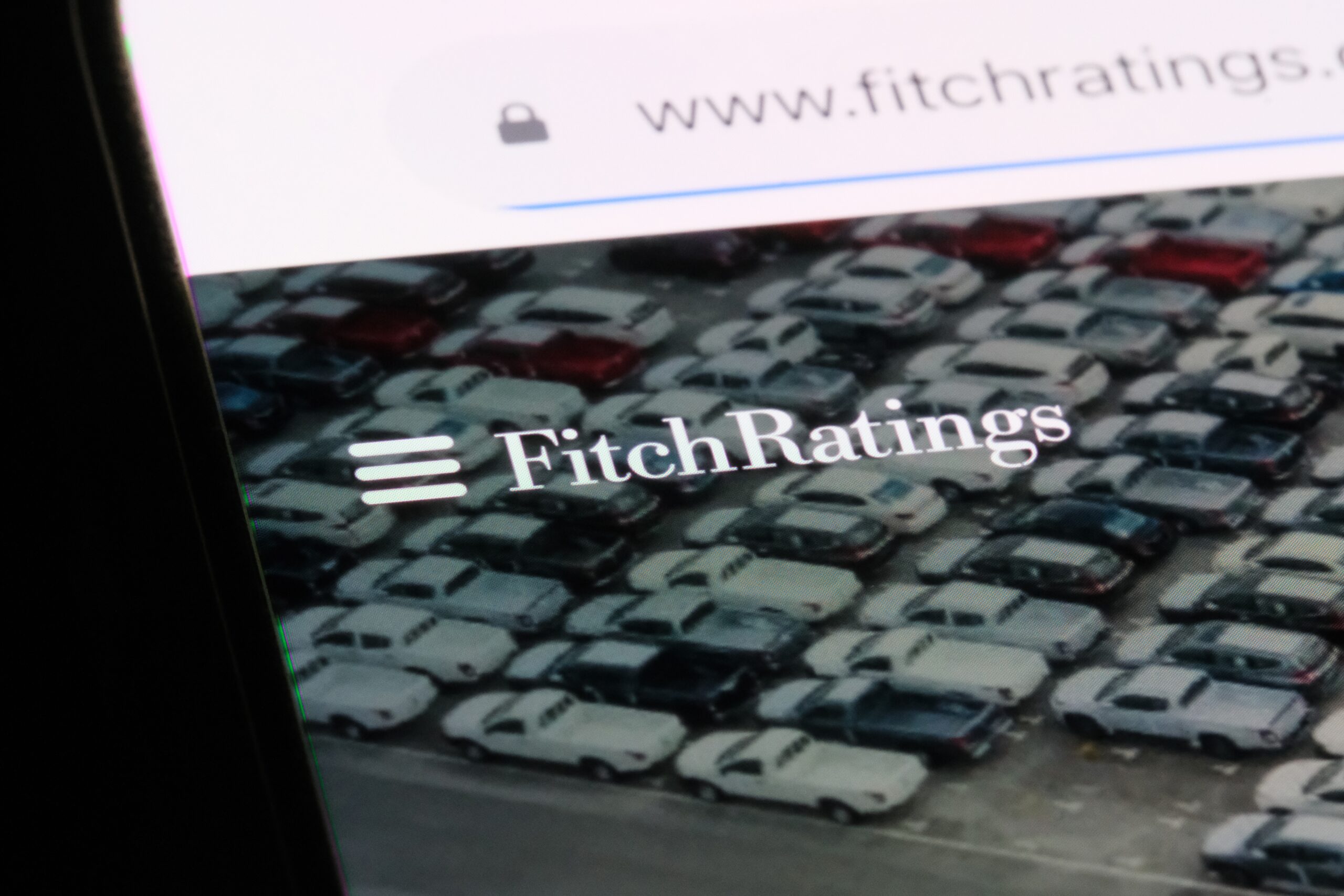Fitch cut France’s credit rating from AA- to A+. The downgrade is attributed to political instability following repeated government collapses after the 2024 snap elections and uncertainty over controlling public finances. France’s debt is forecast to rise from 113.2% of GDP in 2024 to 121% by 2027, with no clear signs of stabilisation. The 2024 deficit is 5.8% of GDP, well above the stabilising target of around 2.8%, and Fitch sees little chance of reducing it below 3% by 2029. Fitch also warned that the run-up to the 2027 presidential election will limit fiscal consolidation, and the political impasse is likely to continue.
Finance Minister Eric Lombard emphasized the “solidity” of the economy, and the new Prime Minister Sébastien Lecornu has begun consulting parliament on a revised budget.
GDP growth forecast for 2025 is 0.8%, slightly above previous forecasts. Inflation is among the lowest in the EU, and unemployment remains stable at 7.5%. France benefits from a diversified economy, strong household savings, and solid corporate balance sheets.
Germany and the Netherlands are the highest-rated eurozone countries, while southern European nations such as Italy have lower ratings due to debt and legacy issues.
The downgrade may affect borrowing costs, including mortgage interest rates, but economists expect the immediate impact to be limited. S&P Global is expected to review its rating for France in November.


